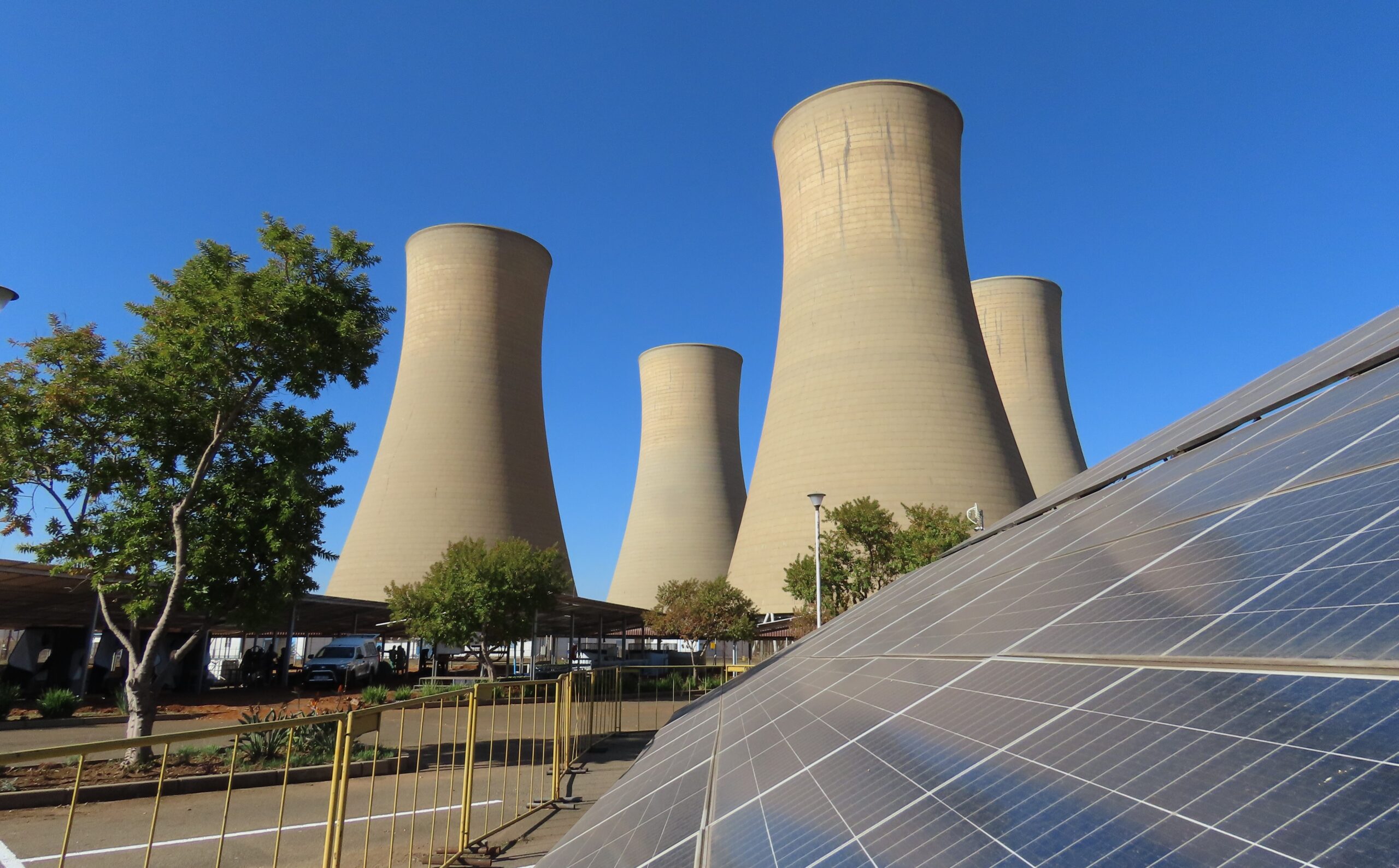Market intelligence
-
GreenCape has demonstrated approaches to analyse the carbon and resource intensity of the provincial economy and key agricultural products and/or sectors. This includes the use of a Western Cape Social Accounting Matrix for a macro-economic analysis and approaches such as carbon footprinting, water footprinting and life cycle analysis.
-
The wine and fruit industry has been on the forefront of sustainability in many aspects, including the uptake of sustainability auditing processes (including carbon footprinting) and eco-labelling.
-
Minimum tillage practices appear to be associated with lower potential environmental impacts when compared to conventional practices for grains such as wheat.
- The Western Cape profile for GHG contributions from animal production differs from that for South Africa, highlighting different focus areas for national and provincial strategies.
Opportunities: Fast facts
-
South African wine production seems to have a larger carbon footprint than its international competitors, primarily as a result of electricity use and packaging. Softer fruits, which require more packaging, have higher carbon footprints than harder fruits. This provides incentives for the industry to switch to renewable energy sources and alternative packaging materials.
- Provincial commercial farming budgets can be used to develop regional life cycle inventories and support the development of region-specific analyses, as done in countries such as Australia.
GreenCape’s work in the space
GreenCape focuses on improving resource efficiency within the food value chain, in order to ensure businesses remain internationally competitive, resilient in the face of climate change and expand their critical role in the economy as key generators of export revenue, employment and (rural) development.
Resource efficiency in food value chains was examined through two projects:
The Regional Resource Flow Model Project provided:
-
an indication of labour, output and GHG emissions multipliers for Western Cape sectors (detailed information is available in the macro-economic report).
-
defendable GHG emission benchmarks and key areas for intervention for key sectors within agriculture (detailed reports are available for the grain, fruit, wine and livestock/game sectors).
The Resource Productivity Project is the successor of the Regional Resource Flow Model (RRFM) Project (2013–15) and builds on key insights related to the resource efficiency of key sectors within the Western Cape economy.
The project specifically focused on agri-processing in 2015-16 and has developed business cases for solar energy applications and value-add to organic waste in order to support uptake of green technologies within the sector.
For other related tools, resources and information see the Library


